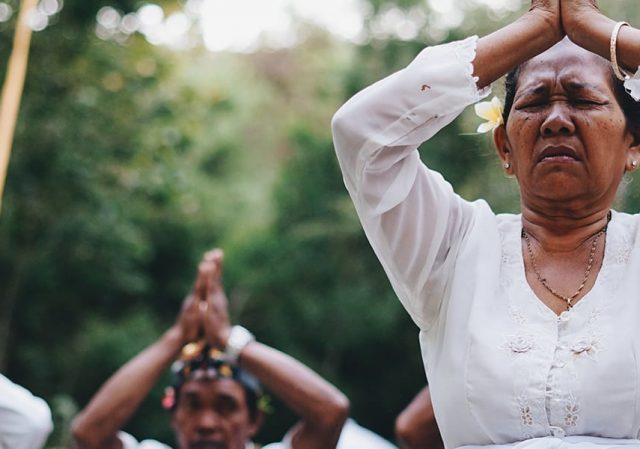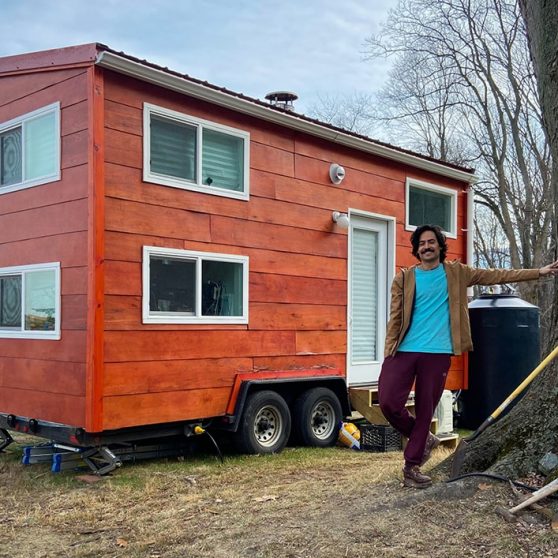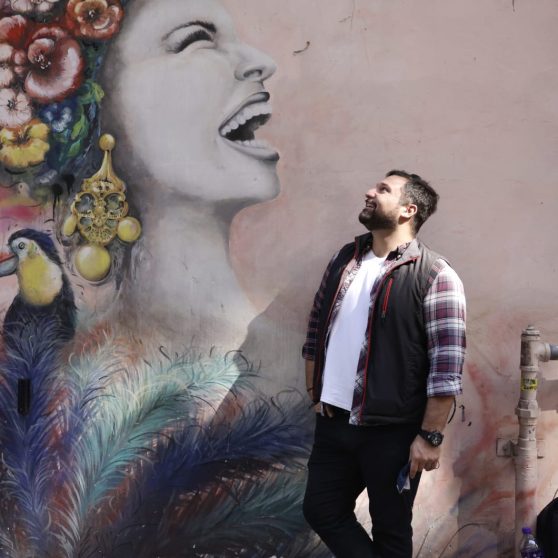It can be challenging to fully immerse yourself in a local culture—especially when your time is limited. Learning about centuries-old etiquette, distinctive ways of life, and unfamiliar social norms requires more than just a few days; these can take months, even years to fully grasp. But as I’ve learned from my experiences abroad, there are a few simple things that seasoned travelers can do to get a better, deeper understanding of a place and its people. By diving headfirst into a new culture with care and curiosity, you can experience a place at its (and your) best.
What words and phrases should I learn before traveling?
Language can be a hurdle or a bridge, depending on your outlook. It can be uncomfortable to not understand the words that someone says; likewise, it can be embarrassing to be misunderstood. But I’ve found locals have always appreciated my efforts to communicate with them—even if they then insist on speaking a common language.
“While traveling, imagine yourself as a guest in someone’s home.”

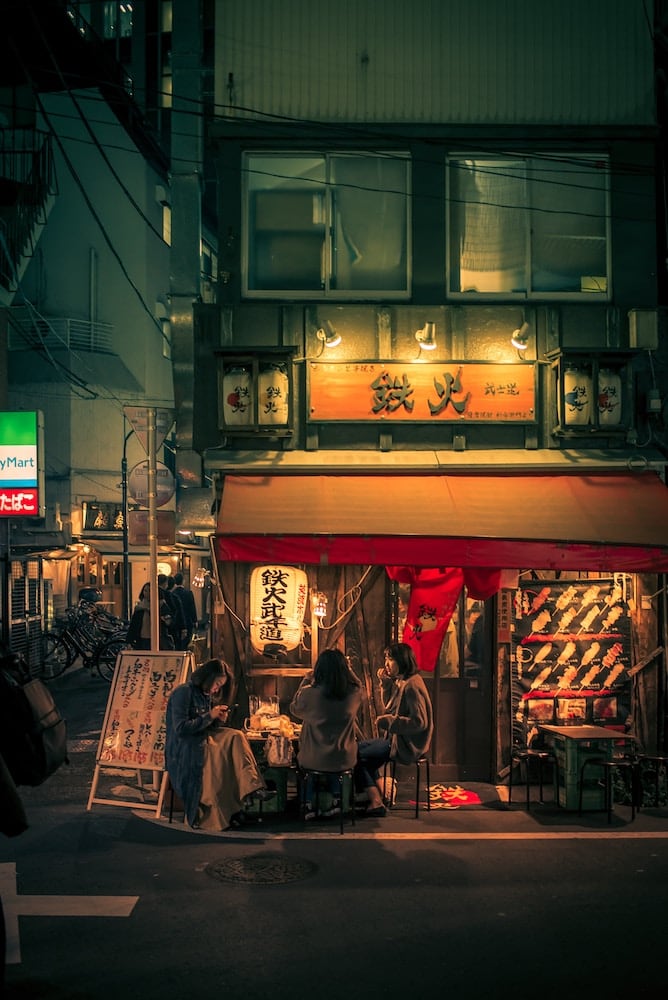
Still, it’s worth staying aware of cultural nuances. There are subtle meanings behind everything we say, and travelers often appear rude or impolite completely by accident when they don’t know the local dialects and customs. There have been many times when I’ve tried to order coffee to go, only to receive a strange look from a barista. Then I quickly remember that eating and drinking while walking simply isn’t an option in many cultures. Barriers are not always caused by language; sometimes unavoidable misunderstandings are cultural.
There are many ways to overcome awkwardness and find true authenticity. While traveling, imagine yourself as a guest in someone’s home. Even if you’re hopping from city to city, learning a few phrases in the local dialect can help you form genuine connections that you’d otherwise miss out on.
Nine everyday phrases to know before you go:
- Hello, nice to meet you
- How are you?
- May I please order…?
- Excuse me, I don’t speak the language
- Your home is beautiful
- What do you recommend?
- Could you tell me the directions to…?
- Thank you for your hospitality
- Goodbye, I hope to see you again
How can I respect other cultures while traveling?
It can be easy to forget that travel is a privilege. But we need to remember that we’re only able to experience new places because others have agreed to open their doors. More so than crossing items off a bucket list, traveling gives us the opportunity to admire and learn about the traditions and beliefs that humans have cultivated over thousands of years.
I step into new experiences with an open mind, and I’ve gotten comfortable with feeling out of place. Going to a party where no one is speaking my language is more than okay: I sit as an observer, listening to the waves of French, Portuguese, Spanish, and German, all lingering in the same air. Although I may be an outsider, by remaining attentive, I fit in just as much as anyone else in the room.
Knowing a few norms and beliefs can be helpful before leaving home, but it is also fine to learn along the way. Accept that there will be differences that may not make sense; you may find yourself frustrated, confused, and often lost. It is these moments that challenge us to expand our own beliefs and accept that there is no one “right” way to live.
“…traveling gives us the opportunity to admire and learn about the traditions and beliefs that humans have cultivated over thousands of years.”

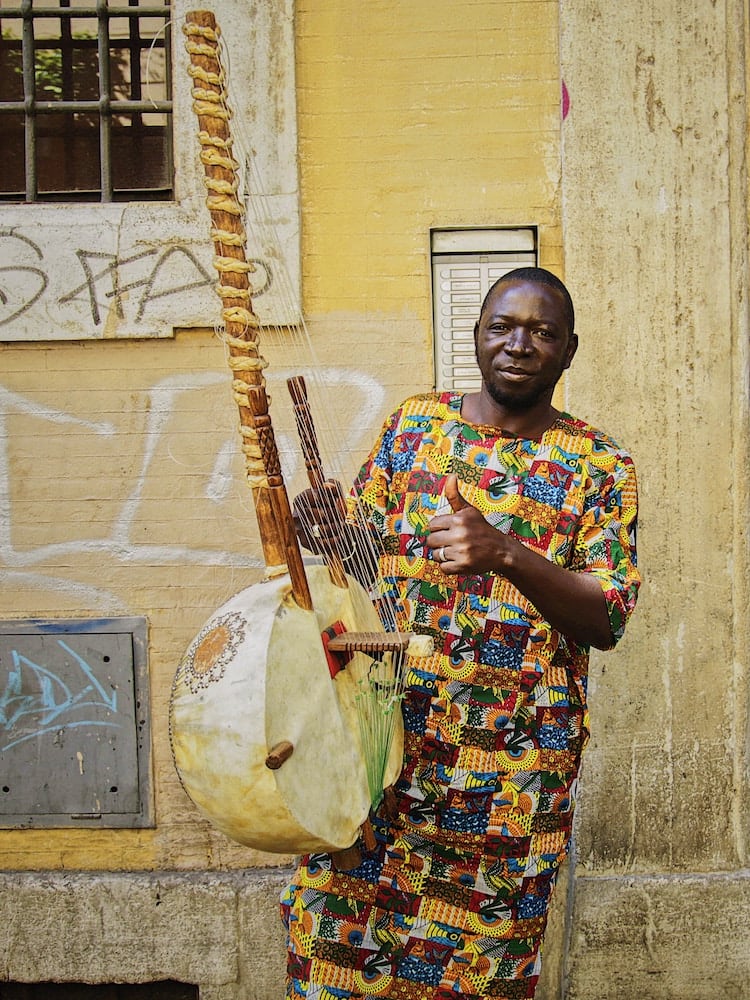
It’s easy to identify the locals in a new destination—but it’s harder to really understand them. How do they speak? What do they eat? How do they interact with each other? It might surprise you. I had come to Portugal with the notion that I’d see locals drinking port wine casually after dinner all the time—a common after-meal drink, I assumed. It wasn’t until later, when I asked a friend, that I discovered port is generally reserved for special occasions only, among friends and family. In fact, it’s tourists that drink the most port in Portugal.
Even these small realizations begin to reverse our expectations and unfold a deeper understanding of a place and its people. It’s why we must regularly ask ourselves: what can I learn about the culture? What can I learn about my own habits? Being open to different opinions, perspectives, and behaviors can help us to reflect on our own lives, and encourage us to see through a new lens once we return home.

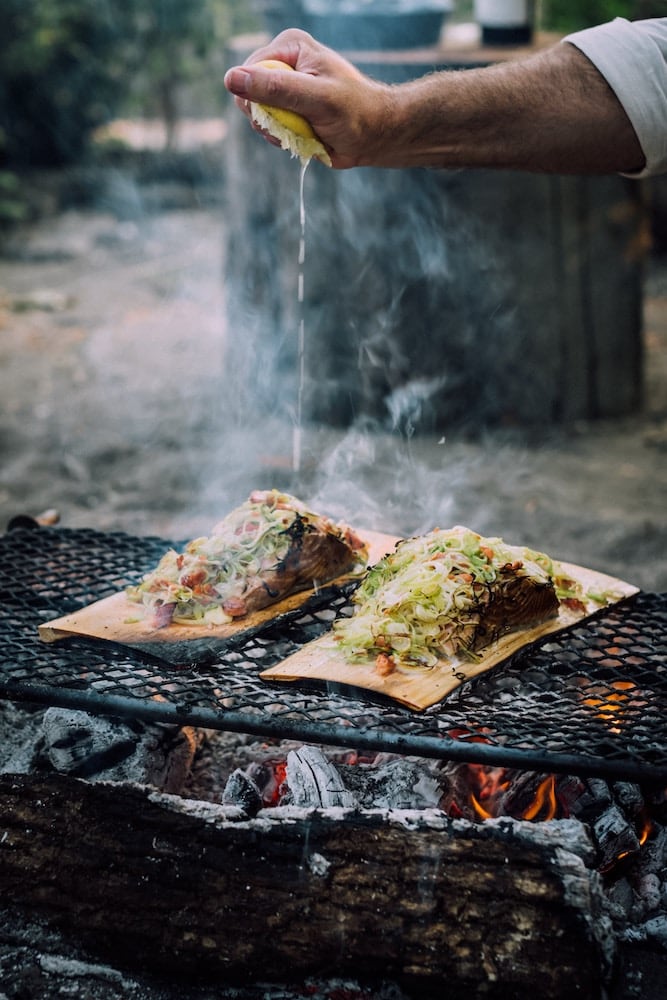
Insights we’ve brought home with us…
- In China, keeping up with your host when they drink alcohol is a matter of pride. It’s considered rude not to drink if someone toasts you, and you need to keep your glass higher than the person who initiated the toast when you clink glasses. But be careful—actually getting drunk is a serious embarrassment. It’s a difficult line to walk! -— Laura Simpson, Canada
- North Americans usually expect it to be t-shirt weather in their homes. But buildings in New Zealand are rarely centrally-heated or well insulated. On top of this, many Kiwis leave their windows and doors open for the better part of the year. If you’re staying with locals and feeling chilly, put a sweater on or request another blanket for your bed before turning on a heater. Electricity is expensive! -— Maddison Capuano, Australia
- Chopstick etiquette is big in Japan! When you’re not using your chopsticks or have finished your meal, be sure to lay them down in front of you with the tips pointed to the left. —- Maki Ishida, Montreal
- In England, people often use sarcasm and self-deprecation as a form of humour. Don’t be taken aback or offended if someone “takes the mick out of you”. This kind of mocking actually means they like you. That said, just because someone calls you “mate” doesn’t mean they consider you a friend. Brits call everyone mate, from the bus driver to the bloke selling newspapers in the corner shop. — Caitie Derer, London
- After a really good meeting or an engaging classroom lecture, in Germany it’s customary to bang on the table instead of clap your hands. —- Esmee Ingham, Netherlands
- In South Korea, it’s considered impolite to leave a tip after dining out. This is because South Koreans take huge pride in their cooking and provide fair wages to employees. Leaving an additional payment is considered an insult. —- Ben Connor, San Francisco

